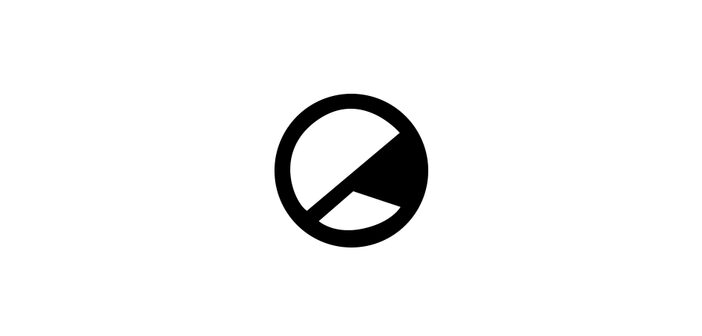A self-reflexive deconstruction of its divisive director as much as it is an audacious cinematic assault, The House That Jack Built is a Lars von Trier opus which offers what might be the perfect and most Von Trier closer to his provocative body of work.
-
10
‘Some people claim that the atrocities we commit in our fiction are those inner desires which we cannot commit in our controlled civilization, so they’re expressed instead through our art.’ Spoken by the titular Jack as part of a proud confessional of his perverse oeuvre of murder and misogyny, these words are shared in sentiment by director Lars von Trier; a figurehead of provocation with his own depraved body of work which, if it were to reflect his inner desires, would provide significant reason for concern. The House That Jack Built is perhaps his most atrocity filled and reflexive work yet, leaving no inner desire suppressed or without criticism, resulting in an audacious, perverse and cruelly comedic diagnosis of its director and depravity alike.
Both Jack and Von Trier’s first victim is Uma Thurman’s unnamed driver. Offering an embodiment of cinema’s worst depictions of female sufferers, she is at once irritating, naive and to great irony ‘asking for it’. In this sentiment, immediately the mirrors refuse to reflect solely on Von Trier and his characters and is playfully re-orientated to include us. How we feel when the car jack is driven into her face is a forced question of the morality of watching. This is the first incident of five which Jack (Matt Dillon) recites to an unseen moral figure named Verge (Bruno Ganz) as the two travel together toward Jack’s fate, finally meeting the consequences he has long awaited. Told together, the incidents vary in their high levels of vulgarity and construct an anthology of heinous acts ranging from the blundered strangulation of a grieving woman to the strategic hunting of a mother and her two young children.
‘All the women you kill strike me as seriously unintelligent.’ It is a line difficult to hear delivered with tongue so firmly in cheek. The House That Jack Built, and subsequently Von Trier’s greatest point of criticism, is undercut. ‘You feel superior to women and want to brag, it turns you on doesn’t it Jack.’ By extension, Verge’s undermining of Jack’s stories is one which evaluates his perspective, as if Lars’ manifested conscience. Misogyny is in the material, not as a criticism of women but of men and their gaze. This is the Danish jester at his most self-deprecating and The House That Jack Built is all the better for it.
Playful pretension is consequently the defining tone. Jack, performed with a perfect balance of nastiness and narcissism by Dillon, is possessed by ideas of his own grandeur. His murders become self-proclaimed comparison points to Gothic architecture and Picasso. Such proclamations never go unchallenged as the film mocks his nerve as much as its own. Its defining incidents are never encouraged to be met with appreciation but are rightly condemned and spiced with irony. Jack is immorality in human form and there is no glorification to be found here. Instead, Von Trier chooses to speak through a hateful figure in a critical frenzy of distorted self-portraiture. The house that Lars builds is not so much a house of brick but of mirrors.
What is perhaps most surprising is that amidst all of this deprecation, provocation and mockery, and somewhat because of it, The House That Jack Built is less repulsive than it is enjoyable. A compelling central performance, a lethal injection of whit, and affecting visuals make for a sensory cinematic assault to rival the best of Von Trier’s filmography. There is an incessant itchiness to it, a sense of wrongfulness in looking that reeks of rotting bodies but one that offers a disturbed pleasure all the same. It is a pleasure of being moved, though not positively, there is an experience to be had in intense measure which has defined Von Trier’s later filmography for better or worse.
An abrasive violent attack, a bold and boastful apology of wrongdoings, an expression of grandeur and inferiority, The House That Jack Built is Von Trier’s last word; an opus of an eroding but glorious reflection. If it were to be his last film, as the auteur has teased (though it is never wise to trust anything Von Trier produces without questioning), it would make for a hell of a closing note. A film constructed of corpses built to be gazed upon with a critical sickness and macabre awe, there to be admired by us with Von Trier bloodied and laughing beside us.
The House That Jack Built, directed by Lars Von Trier, is distributed in the UK by Curzon Artificial Eye, certificate 18.




